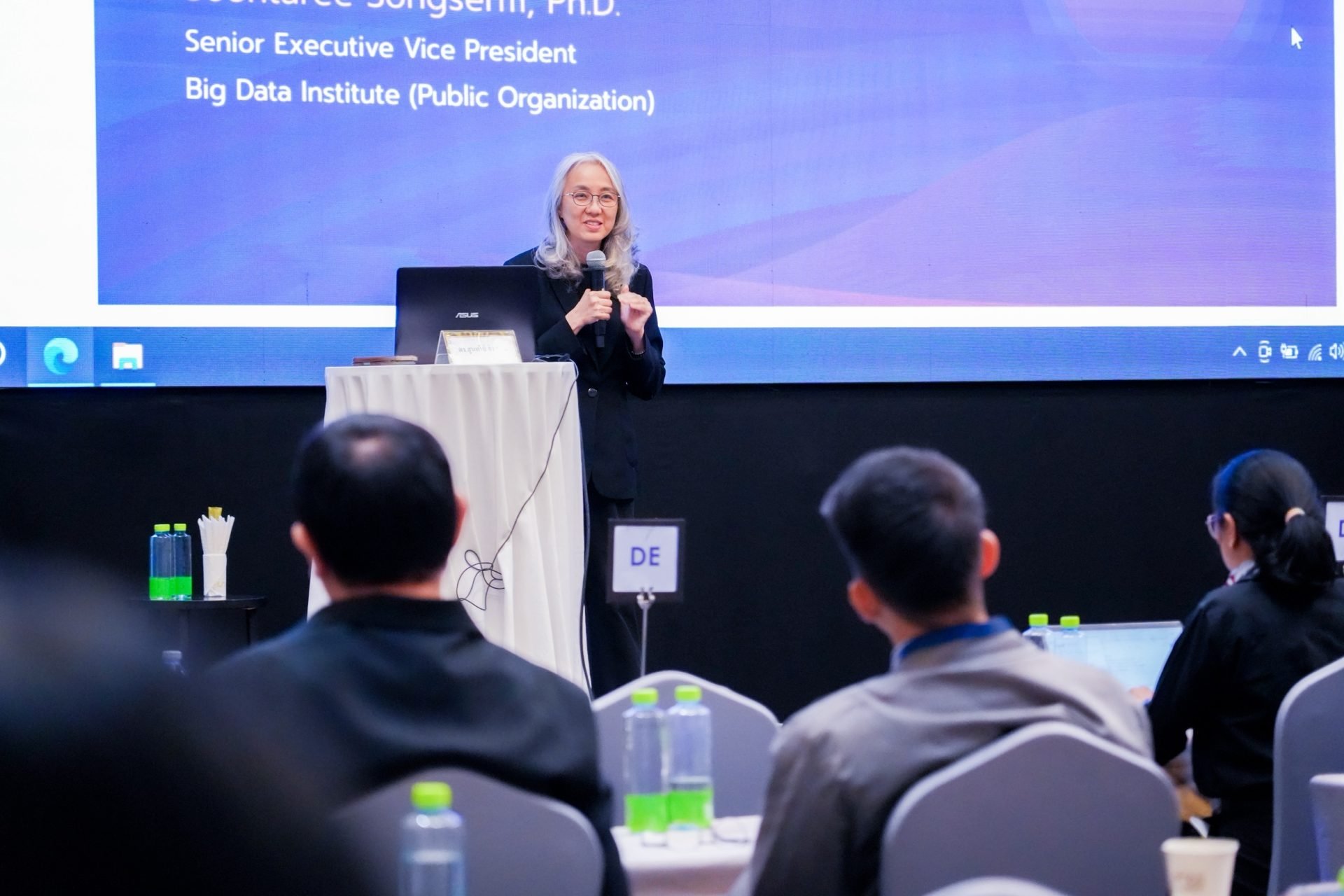BANGKOK – June 18, 2025— The Big Data Institute (Public Organisation), or BDI, under the Ministry of Digital Economy and Society, is advancing Thailand’s national data strategy through a significant new cross-sector collaboration. BDI has partnered with the Ministry of Social Development and Human Security (MSDHS) and 28 other entities from 15 ministries and 14 additional agencies to integrate national databases. The occasion was marked by the signing of a Memorandum of Understanding (MOU) on ‘The Integration and Enhancement of Databases for Vulnerable Populations, People with Disabilities, and the Development of Individualised Elderly Welfare Databases.’ The signing ceremony was held at the Santi Maitri Building, Government House, and was presided over by Prime Minister Paetongtarn Shinawatra, with the participation of Mr. Varawut Silpa-archa, Minister of Social Development and Human Security, and senior officials from the Ministry of Interior, Ministry of Public Health, Ministry of Finance, Ministry of Digital Economy and Society, Ministry of Labour, Ministry of Education, Bangkok Metropolitan Administration, and other relevant bodies.
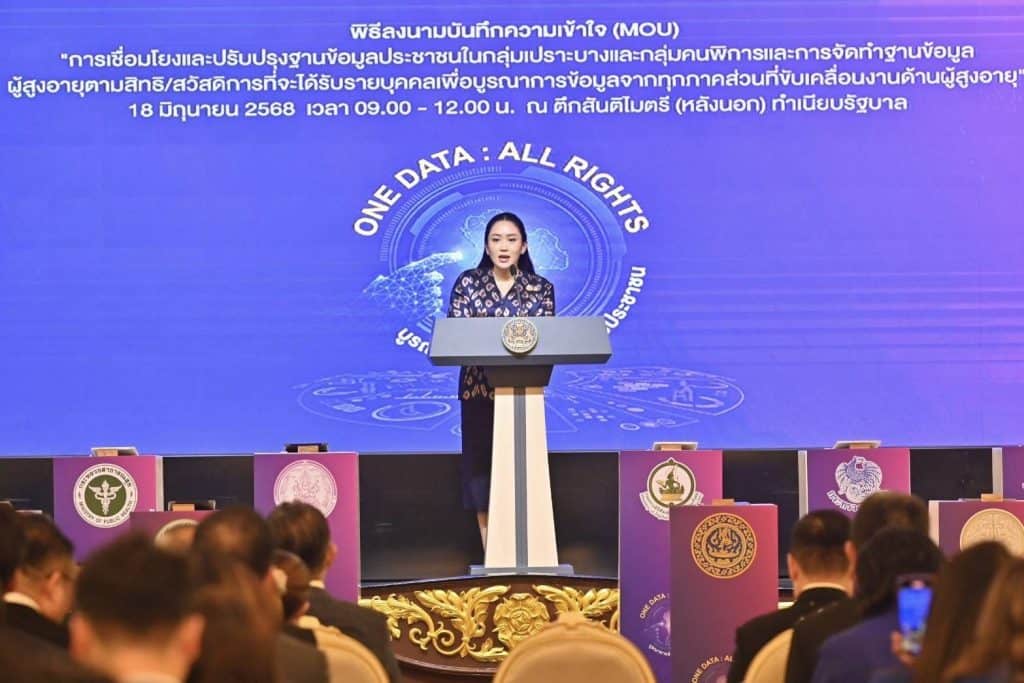
This landmark agreement aligns with Cabinet resolutions dated October 15, 2024, and January 21, 2025, which approved the establishment of a unified database for vulnerable groups, people with disabilities, and the elderly, with MSDHS designated as the lead coordinating agency. The objective is to ensure accuracy, completeness, and interoperability of data in a single, integrated system to support targeted policy making and efficient welfare distribution. BDI has been tasked with providing the necessary technological and data infrastructure support to advance the government’s effective use of Big Data for policy implementation.

Assoc.Prof.Dr. Tiranee Achalakul, President of Big Data Institute, stated, “BDI’s core mission is to provide data analysis services and promote data-driven nation, so that public policy decisions are both clear and genuinely responsive to people’s needs. We are committed to enabling government agencies to make meaningful use of the data they have collected. To this end, BDI has developed a robust data architecture to ensure seamless integration across agencies. We believe data forms the foundation of national development. If we can successfully integrate data from diverse sources in a structured, non-duplicative, and accurate manner, we can significantly reduce discrepancies and improve the precision of public policies. This will allow the government to deliver services more equitably and inclusively.”

As part of this collaboration, BDI will design and manage secure, privacy-conscious systems that connect and analyse government datasets using advanced technologies prioritising both usability and security. Additionally, machine learning will be employed to create predictive models that help identify individuals who may be missing out on their entitlements—for example, forecasting areas with ‘hidden poor’ who have not yet received state welfare cards. BDI also supports multi-dimensional data analysis—across income, health, education, employment, and social protection—using the Multidimensional Poverty Index (MPI) from the Office of the National Economic and Social Development Council (NESDC). Intuitive and practical strategic dashboards, tailored to each agency’s mission, are being developed. Furthermore, BDI will provide consultancy to assist agencies to effectively apply this data in their planning and service delivery, ensuring evidence-based and impactful decision-making.
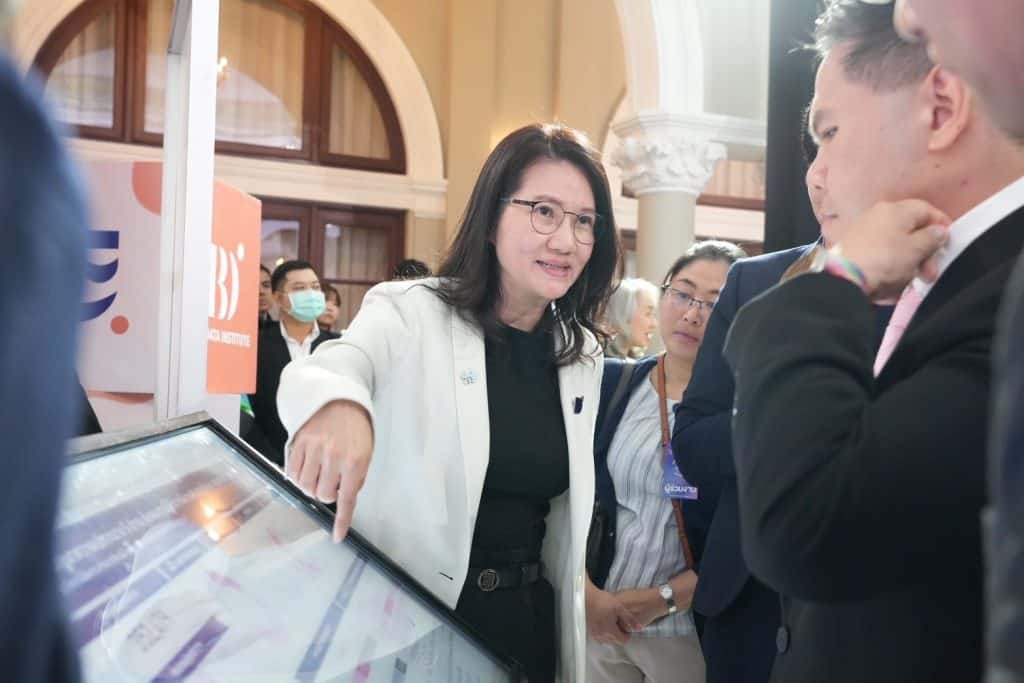
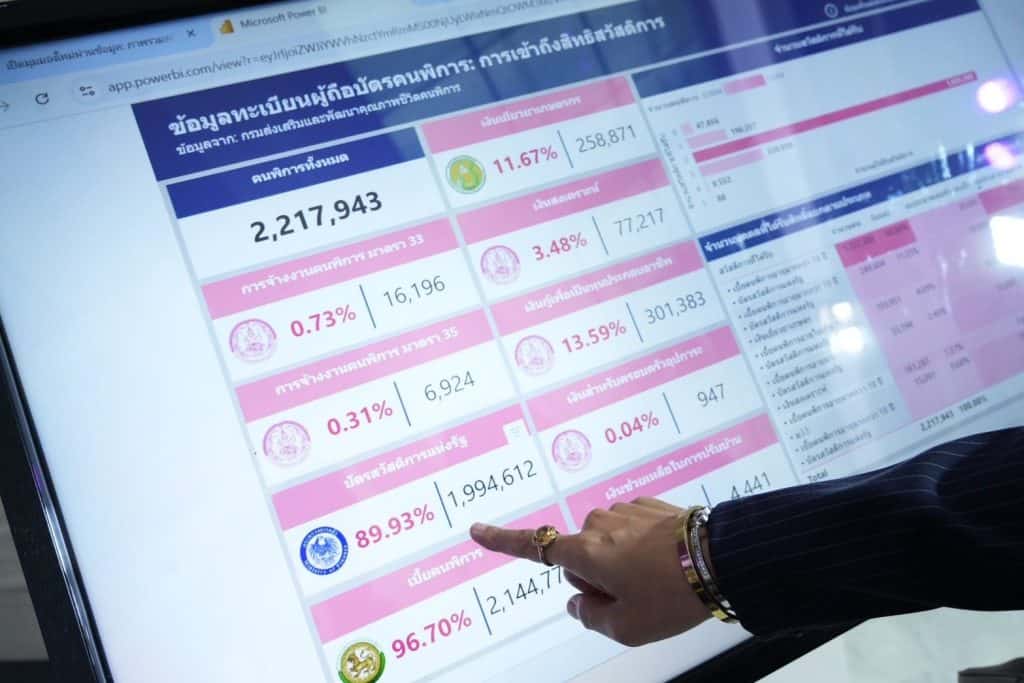
This national project is carried out by BDI’s expert team of data scientists and data engineers, under the Data Integration and Intelligence Platform (DII)—one of BDI’s flagship initiatives. Instead of developing new databases entirely, DII connects and integrates existing datasets across multiple sectors, unlocking the full potential of data utilisation for Thailand’s development.

“This collaboration marks a major step forward in addressing inequality in access to public services through effective data integration,” said Assoc.Prof.Dr. Tiranee. “Establishing a unified, accurate, and seamlessly connected data system will enable the government to deliver welfare policies that are more precise, equitable, and impactful. BDI remains firmly committed to partnering with all sectors in integrating and linking data to help Thailand advance towards becoming a truly ‘Data-Driven Nation.’” concluded Assoc.Prof.Dr. Tiranee.

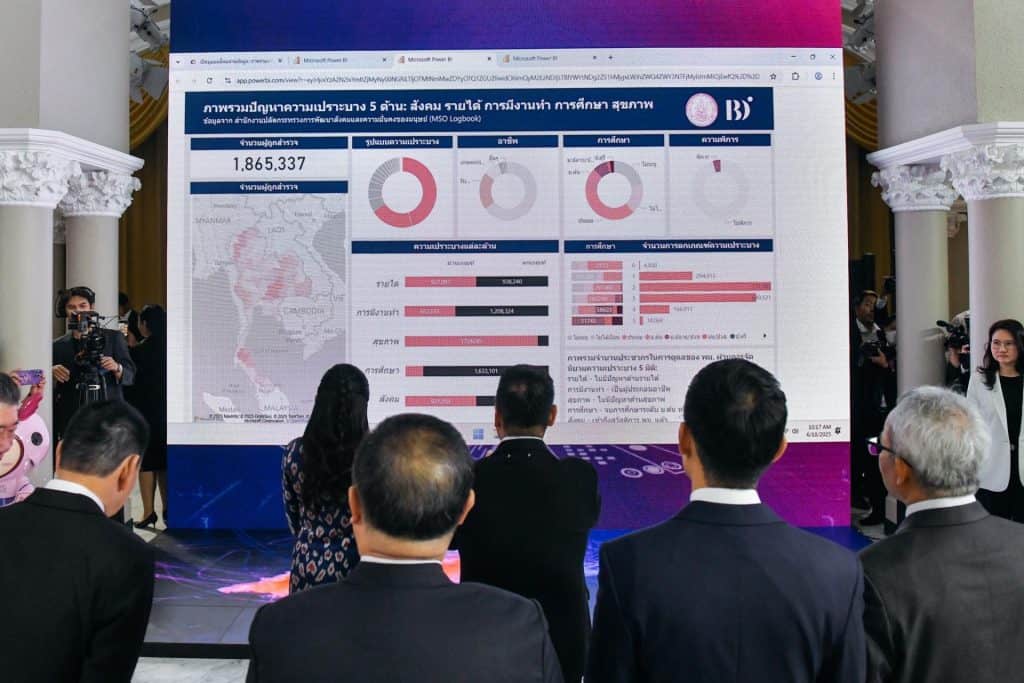
Public Relations and Communication Specialist
Big Data Institute (Public Organization), BDI
- Narisara Boonsrihttps://bdi.or.th/en/author/narisara-bo/
- Narisara Boonsrihttps://bdi.or.th/en/author/narisara-bo/
- Narisara Boonsrihttps://bdi.or.th/en/author/narisara-bo/
- Narisara Boonsrihttps://bdi.or.th/en/author/narisara-bo/








